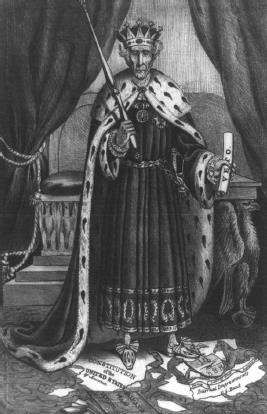Origins of the Presidency and Official DutiesDuties and Powers |
How is the president the chief legislator? |
Despite the constitutional provision that “all legislative powers” shall be vested in the Congress, the president, as the chief formulator of public policy, plays a major legislative role. The president can veto any bill passed by Congress and, unless two-thirds of the members of each house vote to override the veto, the bill does not become law. Much of the legislation dealt with by Congress is drafted at the initiative of the executive branch. In his annual and special messages to Congress, the president may propose legislation he believes is necessary. If Congress should adjourn without acting on those proposals, the president has the power to call it into special session. But beyond this official role, the president, as head of a political party and as principal executive officer of the U.S. government, is in a position to influence public opinion and thereby the course of legislation in Congress.
To improve their working relationships with Congress in recent years, presidents have set up a Congressional Liaison Office in the White House. Presidential aides keep abreast of all-important legislative activities and try to persuade senators and representatives of both parties to support administration policies.

The president’s power to veto legislation can sometimes make the chief executive a target of criticism. President Andrew Jackson was lampooned in this cartoon as being a despotic monarch after he vetoed a bill to recharter the Bank of the United States.
